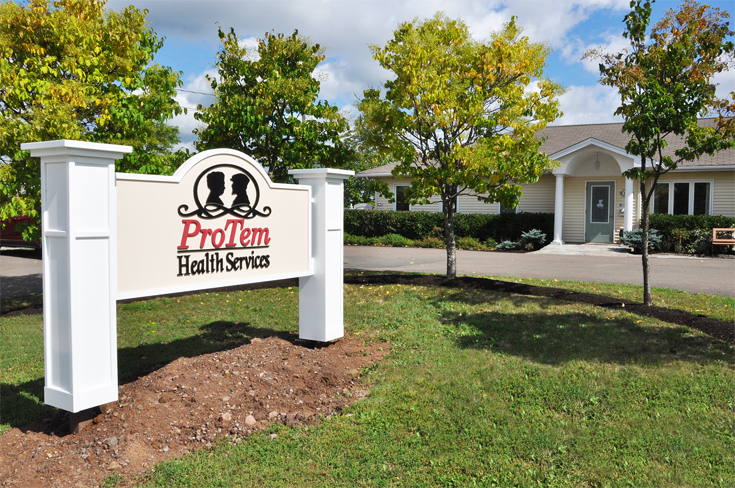About Dementia
Learn about the different types of memory diseases we specialize in at ProTem.
Mixed Dementia
Mixed dementia is a term for the condition made up of two or more symptoms, when combined, characterize two different forms of dementia.
This can be any two or more dementia conditions combined, but the most common example is when the protein deposits of Alzheimer’s combine with vascular damage of vascular dementia. Since Alzheimer’s dementia often coexists with Lewy bodies, it’s not at all uncommon for there to be 3 conditions linked in one person.
Parkinson’s disease sometimes leads to dementia. So the initial symptoms in that person are Parkinson’s tremors, but in ten or fifteen years, it can advance to dementia. And PDD also exhibits Lewy bodies on autopsy.
A study conducted by Rush Alzheimer’s Disease Center and the Rush Institute of Healthy Aging in Chicago focused on aging people with dementia. They found that a full 50% of the first 141 volunteers studied upon autopsy had pathological criteria for multiple types of dementia.
Since diagnoses are made largely because of dominant symptoms that interfere with life, treatment tends to be focused on those symptoms. If more symptoms of another type of dementia emerge, then the doctor may add the second diagnosis and treat it accordingly.
However, the dominant symptoms often hail the dominant diagnosis, and the accompanying diagnoses are often missed until autopsy.
Researchers believe at this point that because the vast majority of people with dementia are diagnosed with Alzheimer’s, and since the next most common set of symptoms are related to vascular dementia, that they can prevent dementia by treating both of these conditions from the outset.
Also, by controlling the risk factors for vascular dementia—such as smoking, obesity, diabetes, and heart disease—you can reduce your chance of developing vascular dementia.
If you feel like your loved one may have mixed dementia symptoms that may fit more than one diagnosis, keep a log for 30 days and report it to their doctor. Early treatment for dementia symptoms can prolong cognition and in some cases, prevent advancement of the disease.
Contact Us
Visit us at:
71 Gorge Road
Moncton, NB E1G 1E5
Mailing address:
Box 4-120, 331 Elmwood Drive
Moncton, NB E1A 1X6
Telephone: 506.874.9652
Our five small homes are located in the Mapleton area of Moncton.
Sign Up for Our Newsletter




